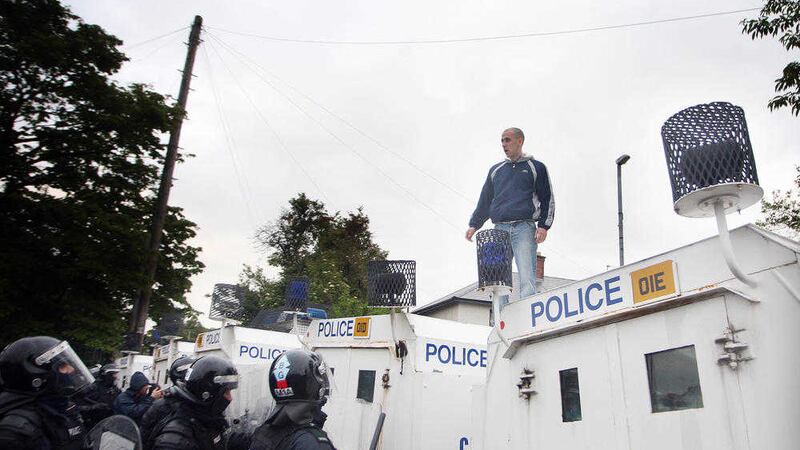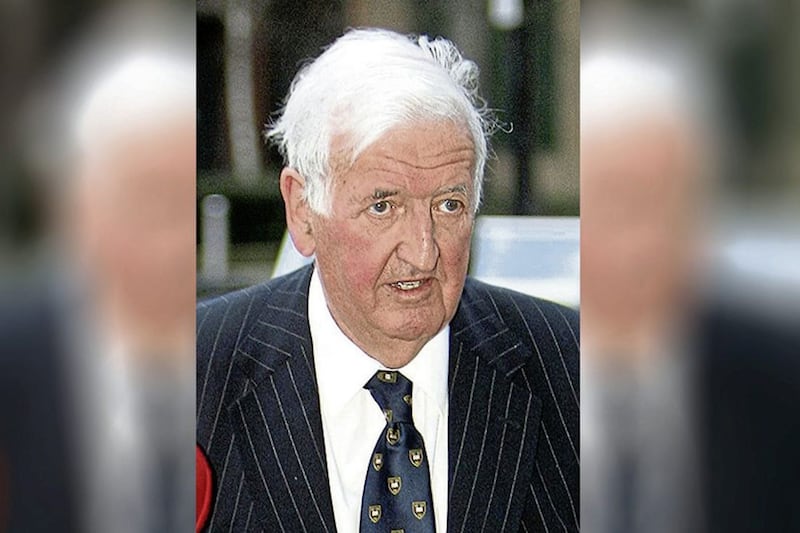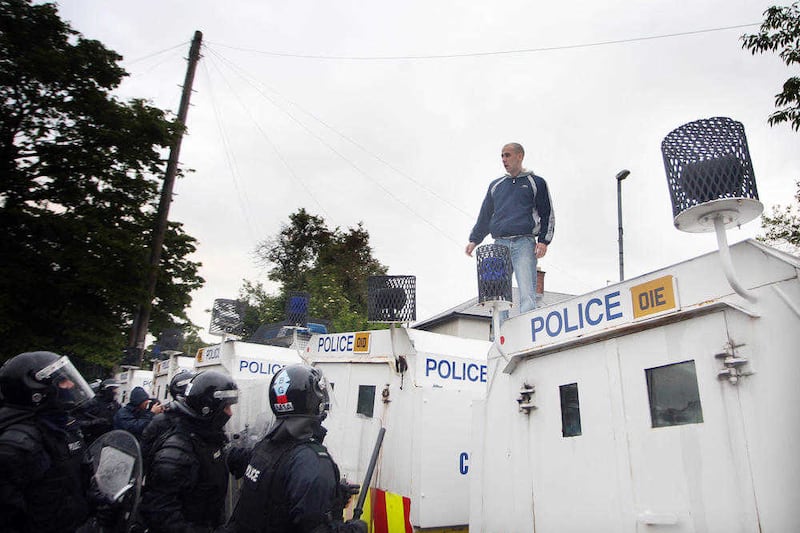THE north spends up to £834 million extra each year coping with division and other challenges, according to new research.
Policing and justice was responsible for more than half the bill, but replication of services including schooling and health was also significant. Sports and leisure facilities contributed up to £107 million to the bill.
The Ulster University report said: "It should not be concluded from this research that the additional costs identified represent potential savings which could be achieved.
"In some instances that may be the case, but in other instances the costs are unavoidable or would require significant investment to ameliorate."
On average the cost of service delivery tended to be higher than the overall UK average.
The report calculated a range of approximately £404 million to £834 million additional public service costs per year, which in part was caused by the need to provide services in a divided society.
Costs were also higher due to a greater level of need, policy decisions, historical lack of decision making such as during direct rule, inefficient delivery and a divided society.
The report said: "On average, the cost of service delivery in Northern Ireland tends to be higher than the overall UK average.
"However, across most areas of spend, Northern Ireland costs typically fall within the range of costs identified in other UK regions, albeit at the upper end."
Policing costs were significantly greater at £312-£550 million a year.
Other findings include:
- Spending per prisoner was higher than the rest of the UK;
- Average school class sizes were lower than in England;
- The number of surplus school places was lower than Scotland, the same as Wales and much higher than England;
- Spending on health was similar to Scotland but higher than England and Wales;
- Spending on religious, community and recreation services was higher than every other region in the UK
Finance and Personnel Minister Mervyn Storey said the costs cannot be merely attributed to division.
"It's no surprise to anyone in Northern Ireland that the majority of the cost estimates contained in the report are attributed to the delivery of policing and justice here," he said.
"However the report makes it clear that these additional costs do not necessarily represent potential budget savings which could be realised by the Executive. In some instances that may be the case, but in others the costs identified are unavoidable or would require significant investment to ameliorate."
Meanwhile, OFMDFM junior ministers Emma Pengelly and Jennifer McCann opened the first shared neighbourhood at Ballynafoy Close on the Ravenhill Road, Belfast.
The housing development was the first of ten shared neighbourhood schemes to be created under a commitment in the Together: Building a United Community Strategy.
The scheme includes 67 housing units with a mix of houses, apartments and dwellings for those with complex needs.






